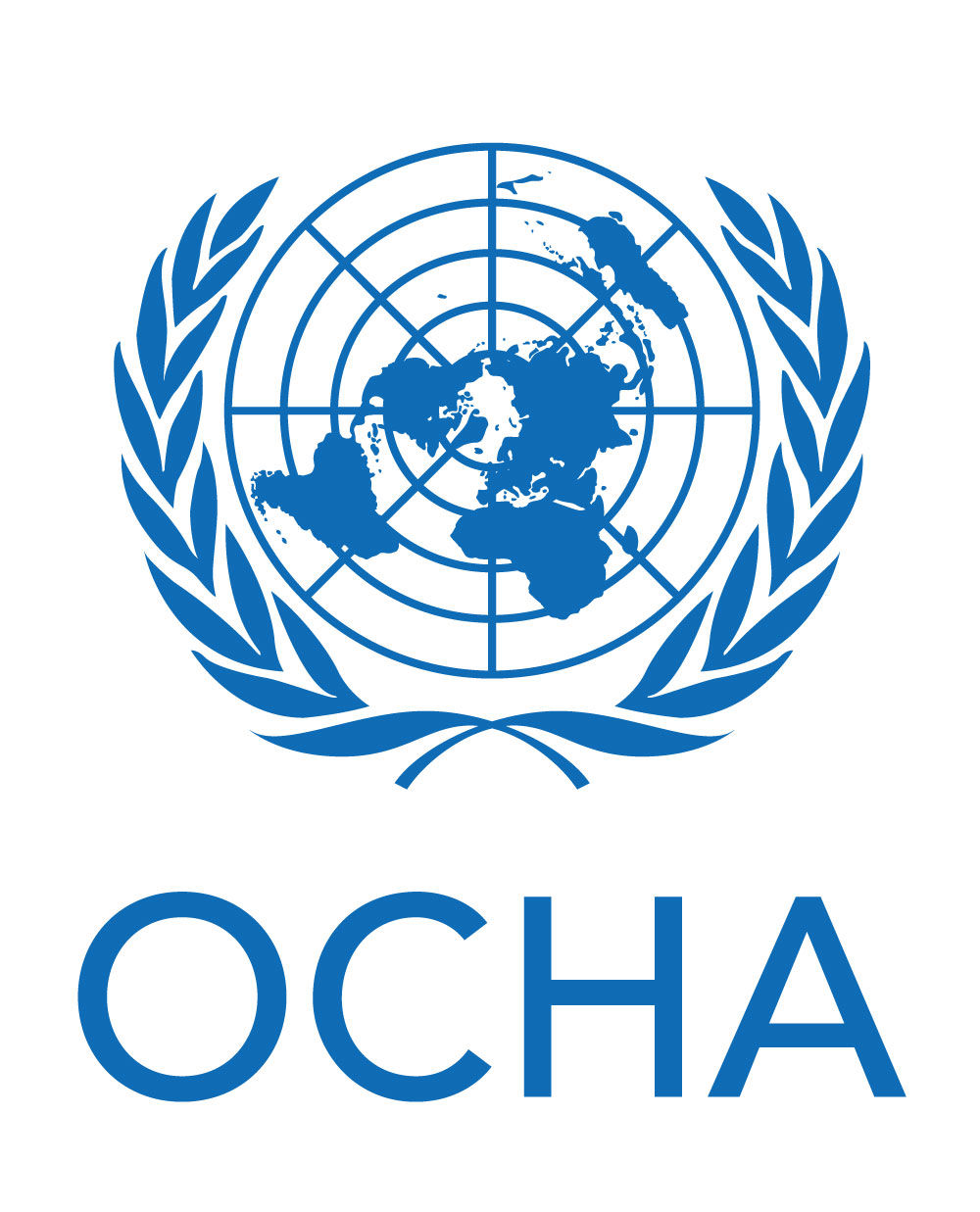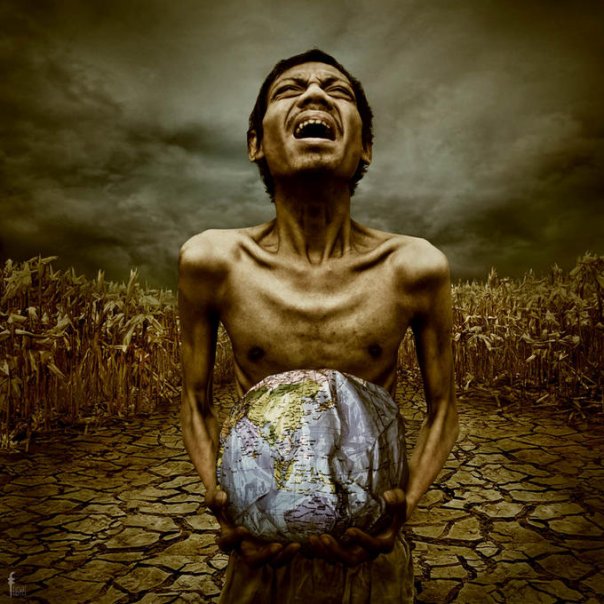
The 19th of August marks World Humanitarian Day (WHD), a day that honors humanitarian aid workers all over the world. This year’s WHD theme is climate change and the Humanitarian Country Team (HCT) is taking this opportunity to remind everyone in Nigeria that we are no longer talking about the possibility of a climate emergency, we are now living through it.
Last year, like every year, humanitarian organizations and workers helped people affected by extreme weather-related events. In West and Central Africa, climate change effects are felt in rising temperatures, droughts and floods that are affecting people’s livelihood, shelter and physical and mental well-being.
“The climate emergency is a race that we cannot afford to lose,” said Edward Kallon, Humanitarian Coordinator for Nigeria.
“Extreme stress, property loss and food/water scarcity contribute to community conflict over resources, leading to increased incidences of community tensions and farmer-herder violence in north-east Nigeria,” he continues.
Nigeria has experienced the highest number of fatalities from conflicts between farmers and herders concentrated in the northwestern, Middle Belt, and more recently in southern states.
Effects of climate change in the north-east and raising awareness
The impact of climate change has significantly increased in West and Central Africa over the past 10 years with geographic concentrations in north-east Nigeria.
Here, people struggle to access to food and suffer from climatic shocks that are negatively affecting food crops, driving up food prices. The economic decline has drastically reduced the buying power of communities to secure even the basics.
Climate effects also strongly impact humanitarian access. Extreme weather resulting from climate conditions can delay the delivery of life saving assistance and place humanitarian workers at great risk.
As climate patterns become more volatile, heavy rains result in frequent flash floods, making it more difficult to mount a timely response. The security situation in the north-east is still precarious with ongoing attacks on humanitarian assets, infrastructure and personnel.
Climate hazards especially affect women and girls, who often bear a disproportionate burden to provide for their families by going without food and other means of sustenance.
As droughts make water even more scarce, women and girls are forced to walk longer distances to obtain potable water, increasing their exposure to sexual harassment and assault as they travel to bring back these essentials.
“Time is already running out for millions of vulnerable people in the north-east, we need to act now,” said Mr. Kallon. “Men, women and children who have who have contributed least to this climate emergency are, sadly, the most affected.”
There will be several environmental/climate change events happening simultaneously during WHD, as Borno, Adamawa and Yobe states will engage in tree planting, trash pick-up in communities and open discussions on local radio on what actions people can take to fight the effects of climate change.
The UN and partners have also enlisted the support of national climate change and environmental influencers to spread the message on social media through interactive sessions.
Meaningful climate action is needed as climate change will continue to detrimentally affect access to clean water, food, and other resources, resulting in adverse effects to the safety and well-being of communities in the north-east BAY states.
As we head rapidly towards the end of the year, funding levels do no match the increasing needs—the Humanitarian Response Plan remains only 33% funded—while the total ask is over USD1billion.
Fragile contexts, most affected
Climate is changing everywhere, but people living in fragile context are affected all the more. Climate change and conflict are a toxic combination, causing mass displacement, disrupting food production and food supply deliveries, increasing risks to diseases and worsening already chronic malnutrition.
The climate crisis is a humanitarian crisis, and the humanitarian system has an important role in the fight against the climate emergency. It must advocate for affected vulnerable people and offer solutions to help anticipate specific climatic shocks, such as storms, floods or droughts, and to mitigate their humanitarian impact. The crisis requires both global and local action.
To address the increasing risks of living in a warmer world, we must become “climate smart.” This could include taking anticipatory action ahead of a crisis, based on early warnings.
The Risk-informed Early Action Partnership (REAP), launched at the UN Climate Action Summit in 2019, aims to make 1 billion people safer from disaster by 2025. The partnership between climate, humanitarian and development communities will drive a systemic shift towards acting earlier to reduce the impacts of disasters, mobilize commitments and inspire action.
“We cannot afford to accept climate disasters as inevitable. We are in the most important race of our lives. And, together, we can make meaningful changes to mitigate the effects of climate change.” said Mr. Kallon.
Distributed by APO Group on behalf of Office for Coordination of Humanitarian Affairs (OCHA).












